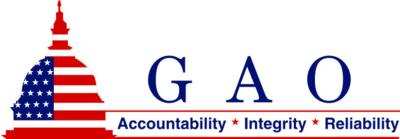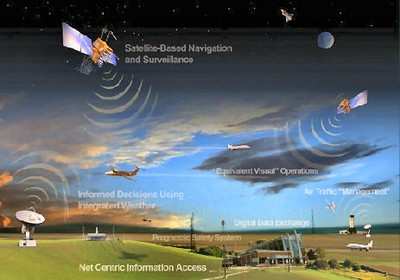Half Of The Programs Are Experiencing Delays
In a review of 30 major ATC acquisition programs, all of which
will contribute to the transition to NextGen, The Government
Accountability Office (GAO) has found that costs for 11 of the 30
programs have increased from their initial estimates by a total of
$4.2 billion, and 15 programs experienced delays. The 11
acquisitions that experienced cost increases account for over 60
percent of FAA’s total acquisition costs ($11 billion of
$17.7 billion) for the 30 programs. The 15 acquisitions that
experienced schedule delays, of which 10 also had cost increases,
ranged from 2 months to more than 14 years and averaged 48
months.

In the executive summary of its Report to Congressional
Committees, GAO says the cost increases and schedule delays
occurred due to several factors, many of which have been
longstanding challenges for FAA. Specifically, these have involved
additional or unanticipated system requirements, insufficient
stakeholder involvement (such as controllers’ input)
throughout system development, underestimating the complexity of
software development, and unanticipated events including funding
shortfalls or work stoppages. GAO says that if they persist, these
challenges will impede the implementation of NextGen, especially in
light of the interdependencies among many acquisition programs,
where cost increases or delays in one program can affect the costs
and schedules of other programs.
For the four programs GAO selected to analyze in depth, GAO says
the FAA is not consistently following the characteristics of
high-quality cost estimates and scheduling best practices that GAO
previously identified. Regarding cost estimates, GAO found that
although all four of the programs generally provided well
documented and comprehensive estimates, which are two of the four
characteristics, no program fully met the two other
characteristics.
Specifically, each program estimate was not credible because
each lacked an independent cost estimate, which provides a check
against FAA’s estimate and three programs lacked risk or
uncertainty analysis. The estimates also lacked accuracy because
they were not updated regularly or based on comparable programs.
Regarding scheduling practices, most programs did not substantially
or fully meet the majority of the 9 best practices GAO previously
identified including developing a fully integrated master schedule
of all program activities and performing a schedule risk
analysis.

For example, without a schedule risk analysis, FAA is unable to
predict, with any degree of confidence, if the estimated completion
dates are realistic. FAA is implementing new processes and
organizational changes to better manage acquisitions. However, by
not consistently following the characteristics of high quality cost
estimate and scheduling best practices, FAA cannot provide
reasonable assurance to Congress and other stakeholders that
NextGen and other ATC programs will avoid additional cost increases
or schedule delays.
GAO was asked to determine how, if at all, costs and schedules
of FAA ATC acquisitions programs, including those related to
NextGen, have changed since they were first submitted to Congress,
the reasons for any such changes, and the extent that selected ATC
programs adhere to cost and schedule best practices. To do its
work, GAO reviewed 30 programs and conducted cost and schedule
analysis on four programs that had an approved baseline and were
NextGen related. GAO reviewed acquisition documents and interviewed
FAA officials.
It recommends that, to better estimate the cost and completion
dates for major acquisitions, FAA should, among other things,
require cost and schedule risk analysis, independent cost estimates
and integrated master schedules. FAA did not comment on whether or
not it agreed with the recommendations.
 ANN's Daily Aero-Linx (05.06.25)
ANN's Daily Aero-Linx (05.06.25) ANN's Daily Aero-Term (05.06.25): Ultrahigh Frequency (UHF)
ANN's Daily Aero-Term (05.06.25): Ultrahigh Frequency (UHF) ANN FAQ: Q&A 101
ANN FAQ: Q&A 101 Classic Aero-TV: Virtual Reality Painting--PPG Leverages Technology for Training
Classic Aero-TV: Virtual Reality Painting--PPG Leverages Technology for Training Airborne 05.02.25: Joby Crewed Milestone, Diamond Club, Canadian Pilot Insurance
Airborne 05.02.25: Joby Crewed Milestone, Diamond Club, Canadian Pilot Insurance




